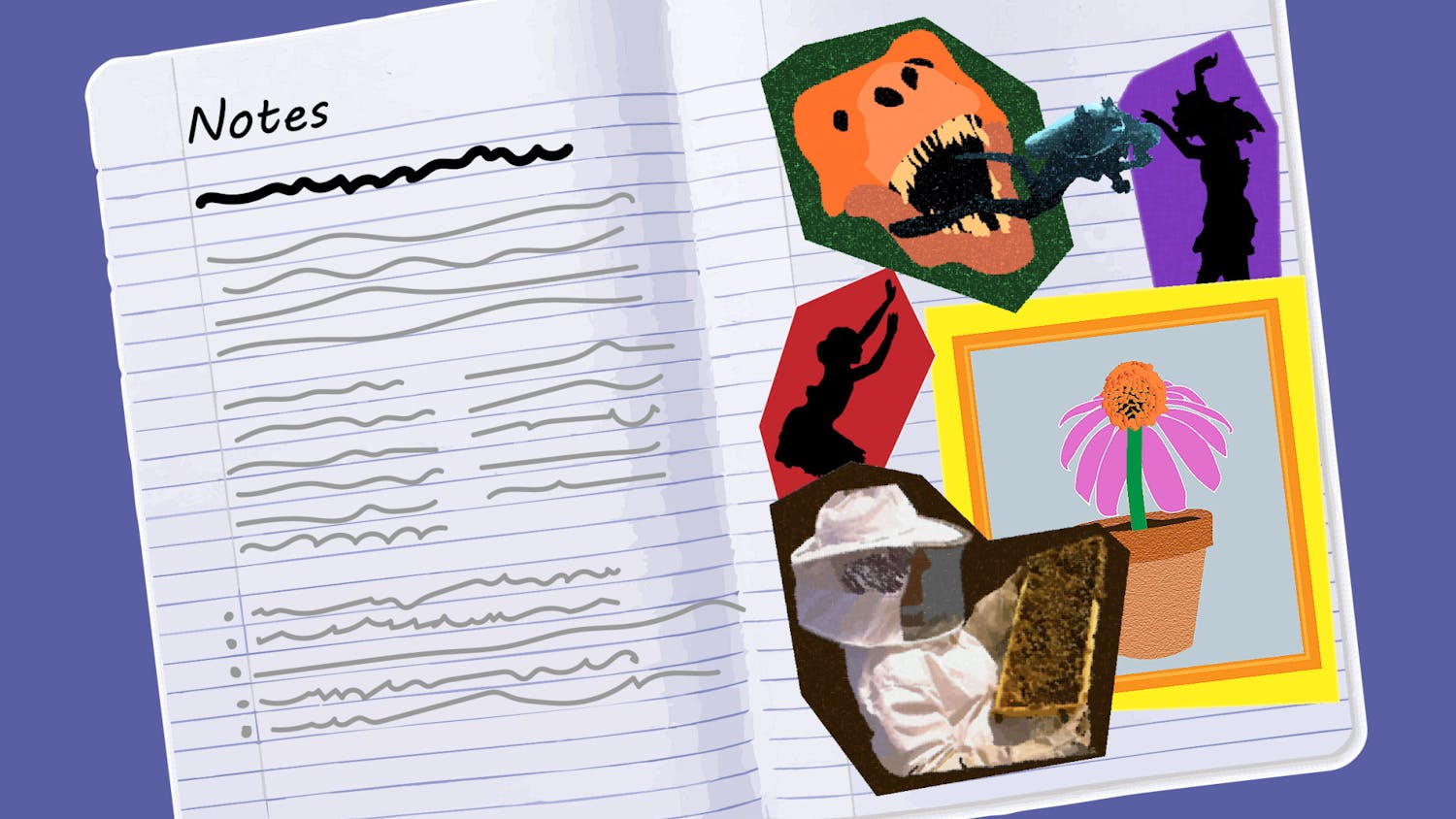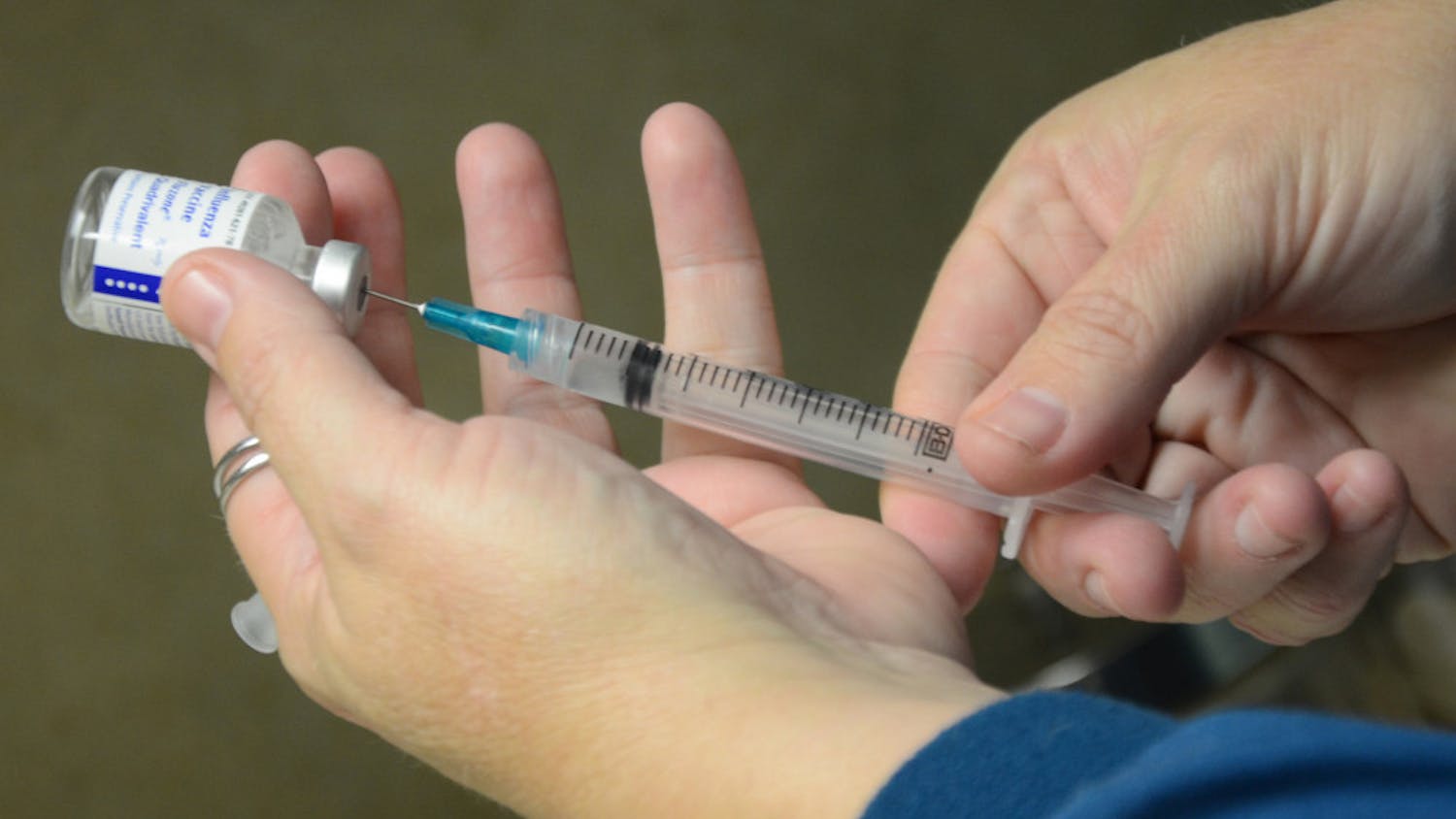Hives may hold the cure for your allergic reactions. Beehives, that is.
Adding local honey to your diet may alleviate allergies, some local beekeepers said, which is sweet news in the peak of pollen season.
They said it works similar to a vaccine. Ingesting the small amounts of pollen present in the honey helps the body get used to it and reduces the body’s reaction to its airborne counterpart.
But senior RN Stacy Rider, the allergy specialist for UF Student Health Care Center, wrote in an email there is no scientific study that says honey helps with seasonal allergies.
However, Ted Chapman, who works as a beekeeper at local beekeeping supplier Dadant and Sons Inc., supports the honey rumor.
“It’s true. You can take a teaspoon of honey every day or every night, and it’ll help you with your allergies if it’s a local honey,” Chapman said.
For the remedy to be effective, the honey must come from nearby, he said. Using local honey ensures that the bees are in contact with the same pollen spores that allergy sufferers encounter in the air.
Exposure to an allergen in small doses to build immunity is referred to as immunotherapy.
“Allergy immunotherapy is often effective in reducing allergy symptoms,” Rider said. “However, it may take months for a noticeable improvement.”
Chapman said pollen is most abundant now, as levels rise from January to about June. Spring, commonly known as allergy season, causes some people to try unconventional methods such as the honey remedy to stop their reactions to rampant pollen.
Chapman said he has heard of people being even more direct with their pollen consumption.
“Some people buy straight pollen from pollen producers,” he added. “They sprinkle a little on their cereal.”
However, he said this habit is a little scary because there are so many other possible allergens in the pollen. If allergies are severe, eating a lot of it could be like playing Russian roulette, he said.
Honey could even turn out to be dangerous.
He brought up an example of one woman who bought honey to help a pollen allergy. She had an allergic reaction to the orange traces in the honey, which caused further medical problems.
Yaissy Solis, a 22-year-old UF journalism senior, said she was surrounded by allergy problems in her family, and they had their own home remedies.
“I’m Cuban, so in my family... you drink a mixture of honey and lime juice,” she said. “It works for me, so I wouldn’t be surprised if honey would (help allergies).”
[A version of this story ran on page 1 on 3/25/2014 under the headline "Locals discuss whether honey has sweet effects on allergies"]





